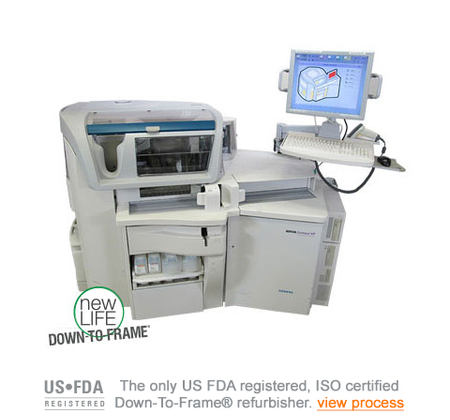
Introduction:
Maintaining healthy, youthful-looking skin is a goal for many individuals. While we often focus on skincare products and lifestyle choices, it’s important to recognize that our diet plays a significant role in the health and appearance of our skin. In this article, we will uncover some surprising foods that have been linked to the development of unsightly wrinkles. By understanding these culprits, you can make more informed choices about what you consume and potentially slow down the aging process.
1. Sugar: The Sweet Saboteur
Excessive sugar consumption is not only detrimental to your overall health but can also accelerate the aging process of your skin. When sugar is consumed in high amounts, it can lead to a process called glycation. Glycation occurs when sugar molecules attach themselves to proteins, including collagen and elastin, causing them to become stiff and less functional. As a result, the skin loses its elasticity and firmness, leading to the formation of wrinkles.
2. Processed Meats: A Hidden Hazard
Processed meats like sausages, hot dogs, and bacon are commonly enjoyed but can contain high levels of preservatives such as nitrites and sulfites. These preservatives, when consumed in excess, have the potential to trigger inflammation and oxidative stress in the body. Inflammation can break down collagen and elastin, the building blocks of healthy skin, contributing to the development of wrinkles.
3. Alcohol: Cheers to Aging Skin
Alcohol is a diuretic, meaning it dehydrates your body, including your skin. This dehydration can lead to a dull complexion and promote the formation of fine lines and wrinkles. Moreover, excessive alcohol consumption can impair your body’s ability to absorb vital nutrients like vitamin A and vitamin C, which are essential for maintaining healthy skin.
4. Trans Fats: The Sneaky Skin Saboteurs
Trans fats are often found in fried foods, margarine, and many processed snack items. These fats promote inflammation and oxidative stress in the body, both of which can accelerate the aging process. In terms of skin health, trans fats can contribute to the breakdown of collagen and elastin, leading to the appearance of wrinkles.
5. High-Glycemic Foods: A Fast Track to Wrinkles
Foods with a high glycemic index, such as white bread, pasta, and sugary snacks, can cause a rapid increase in blood sugar levels. This triggers the production of insulin and other hormones, which may lead to inflammation and the breakdown of collagen and elastin. By incorporating more low-glycemic foods into your diet, like whole grains and vegetables, you can help maintain a more youthful appearance.
6. Salt: A Seasoning for Wrinkles
While salt is a common seasoning, excessive intake can have adverse effects on your skin. Consuming high amounts of salt can lead to fluid retention, causing puffiness and bloating. Furthermore, it dehydrates your skin, making it appear less supple and more prone to the formation of fine lines and wrinkles.
7. Caffeine: A Jittery Journey to Aging Skin
Caffeine, in moderation, is generally considered safe. However, excessive consumption of caffeinated beverages like coffee and energy drinks can have a dehydrating effect on your body and skin. Dehydration can lead to dryness and dullness, making wrinkles more noticeable.
Conclusion:
While the quest for youthful skin often involves skincare routines and anti-aging products, it’s crucial not to overlook the impact of our dietary choices. The surprising foods mentioned above, including sugar, processed meats, alcohol, trans fats, high-glycemic foods, salt, and caffeine, can potentially contribute to the development of
unsightly wrinkles. By being mindful of your diet and making healthier choices, such as reducing sugar and processed food intake while emphasizing whole foods, you can support the health and vitality of your skin. Remember to consult with a healthcare professional or dermatologist for personalized advice on maintaining healthy and youthful-looking skin.










